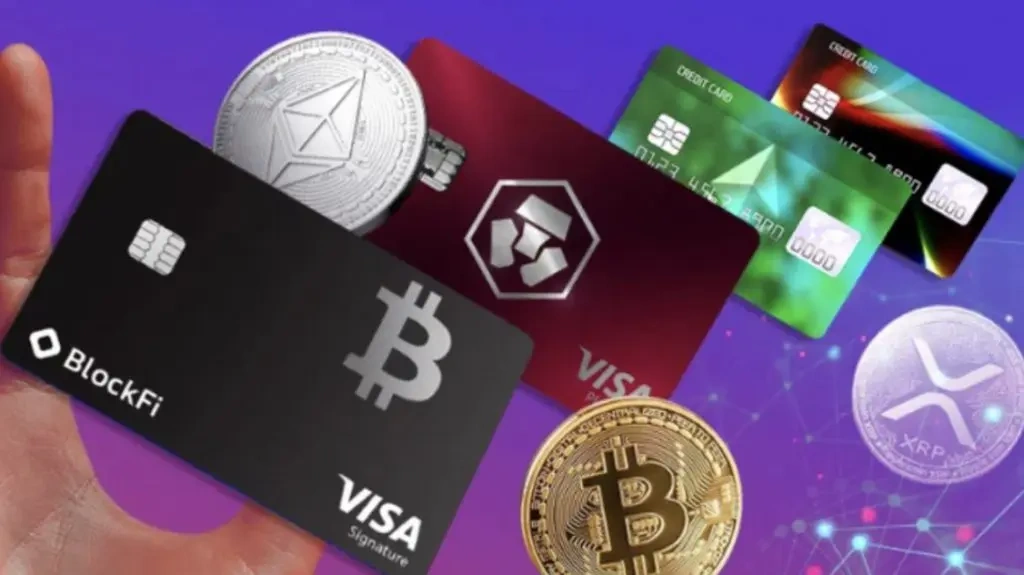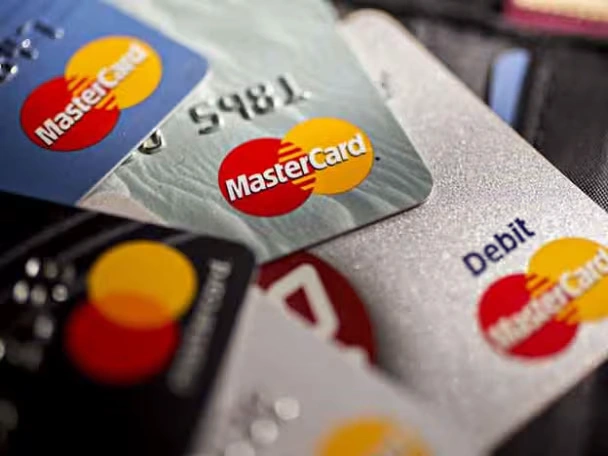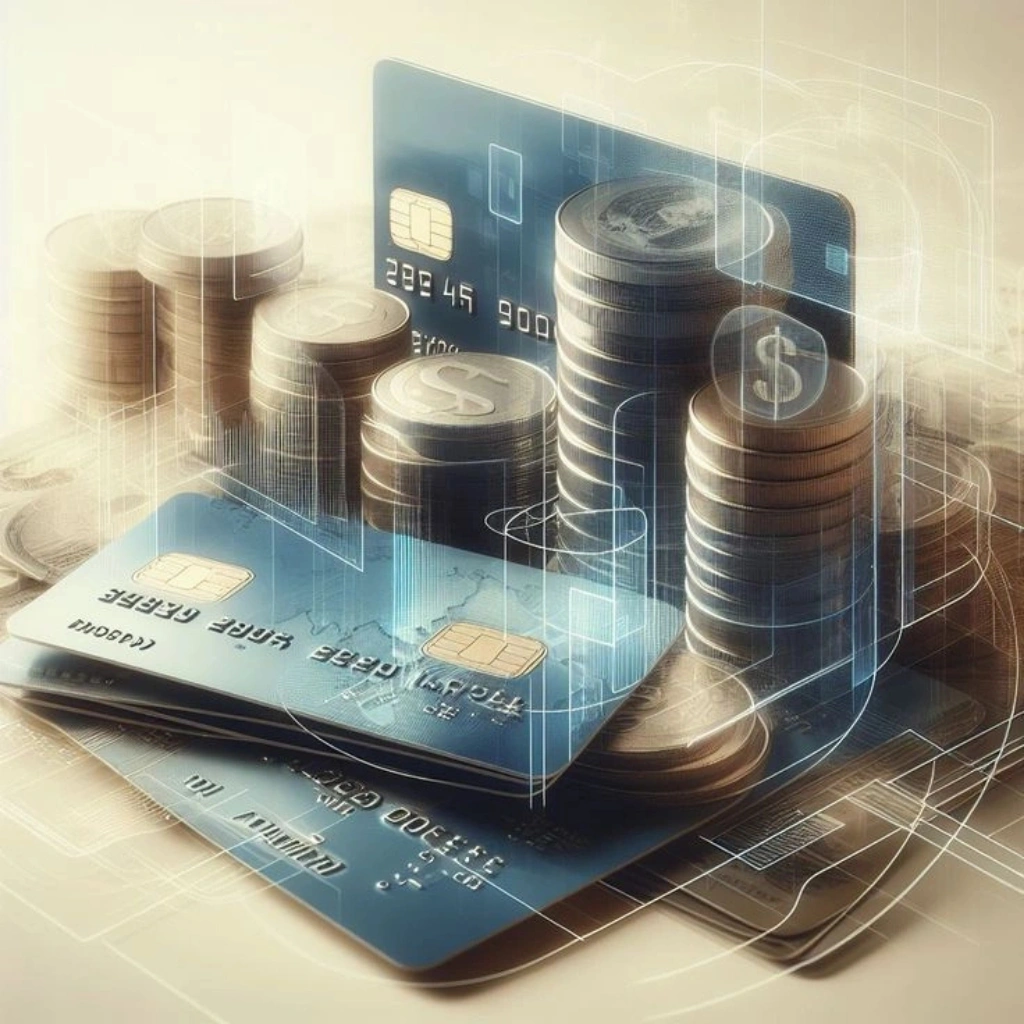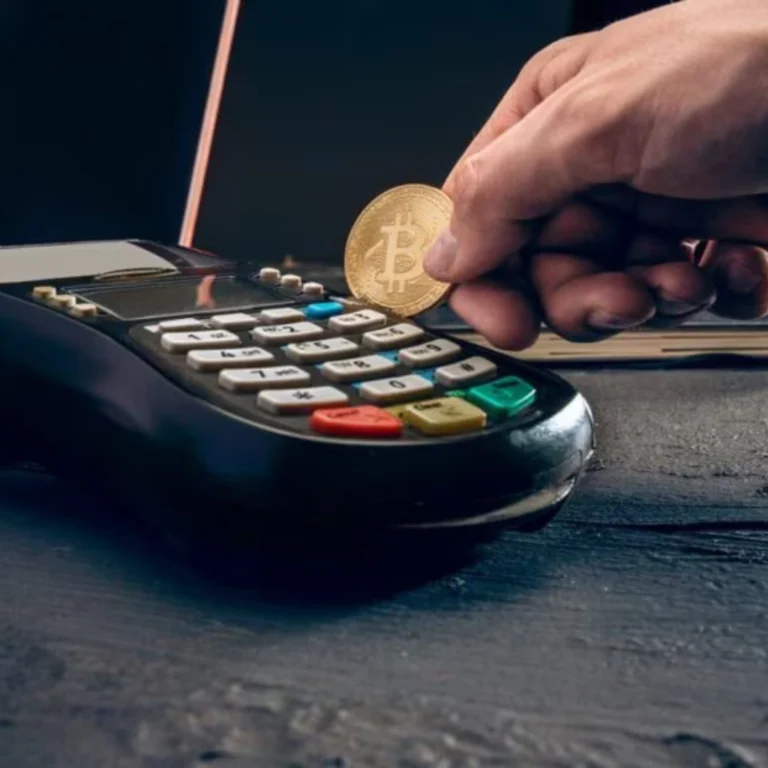Crypto Card for Everyday Use: Cryptocurrency has come a long way since its early days as a niche digital asset. Today, one of its most practical applications is the crypto card—a payment tool that enables users to spend digital currencies like Bitcoin, Ethereum, or USDC in everyday life.
If you’ve ever wondered whether you can use crypto to buy a cup of coffee, the answer is: yes, with the help of a crypto card.
Let’s explore what a crypto card is, how it works, who it’s for, and what to keep in mind before using one.
What Is a Crypto Card?


A crypto card is a payment card—usually backed by major networks like Visa or Mastercard—that links to a cryptocurrency wallet instead of a traditional bank account. It allows users to spend their cryptocurrency holdings by automatically converting them into fiat currency (like USD, EUR, or MYR) at the point of sale.
In practice, this means you can use a crypto card just like any debit or credit card, even though the funds come from your crypto balance. Most merchants don’t accept crypto directly, but they do accept fiat currencies—so the card provider handles the conversion in real-time.
Some crypto cards offer additional features such as:
- Cashback rewards in crypto
- Multi-currency support, letting you choose which coin to spend
- Staking options for earning rewards
Who Can Use?


Crypto cards are available to any eligible user who passes identity verification and resides in a supported region. While availability varies by country due to regulatory restrictions, they are generally accessible to:
- Crypto Enthusiasts: Individuals already active in the crypto ecosystem benefit from easier access to their funds for day-to-day expenses.
- Frequent Travelers: Many crypto cards offer no foreign transaction fees, making them ideal for international use.
- Freelancers and Gig Workers: If you’re paid in crypto, a crypto card allows you to spend your income without converting it manually through exchanges or banks.
- Tech Early Adopters: Those who enjoy experimenting with new technologies and financial tools often find value in using crypto cards.
Do note: you’ll need to complete KYC (Know Your Customer) verification, including providing ID and proof of residence, before you can receive and activate a card.
Pros and Cons of Using a Crypto Card


Like any financial tool, crypto cards come with both advantages and limitations. Here’s a balanced overview:
Pros:
- Convenient spending: No need to manually convert crypto before making purchases.
- Global usability: Accepted at any merchant that takes Visa or Mastercard.
- Rewards: Some cards offer cashback or crypto rewards.
- Financial flexibility: Can be used online or at physical stores, plus for ATM withdrawals (with some cards).
Cons:
- Tax considerations: In many jurisdictions, every crypto transaction (including spending) may be a taxable event.
- Volatility risk: If your crypto’s value drops right before a purchase, you may lose out.
- Fees: Some cards charge ATM, conversion, or monthly fees.
- Limited regional support: Not all countries support crypto card issuance due to local regulations.
Are Crypto Cards Just a Trend or the Future of Spending?
Crypto cards represent a practical step toward mainstream adoption of digital currencies. They provide a seamless way to bridge the gap between crypto and traditional finance—making it possible to use digital assets for groceries, travel, and other daily needs.
However, users should exercise caution. It’s important to stay updated on:
- Tax rules related to crypto transactions in your country
- Card provider fees and conversion rates
- The overall volatility of the crypto market
As the space continues to evolve, more options and features are becoming available, and the technology behind these cards is steadily improving.
Final Thoughts: Should You Use a Crypto Card?
A crypto card for everyday use can be an excellent tool for those who already own or earn cryptocurrency. It simplifies spending, adds flexibility, and can even offer rewards.
However, it’s not a one-size-fits-all solution. If you’re not comfortable with the tax implications, or you prefer to hold crypto strictly as a long-term investment, this might not be the right choice—yet.
Ultimately, a crypto card can be a valuable addition to your financial toolkit if used wisely and with an understanding of the risks and rewards involved.
Relevant News: HERE






